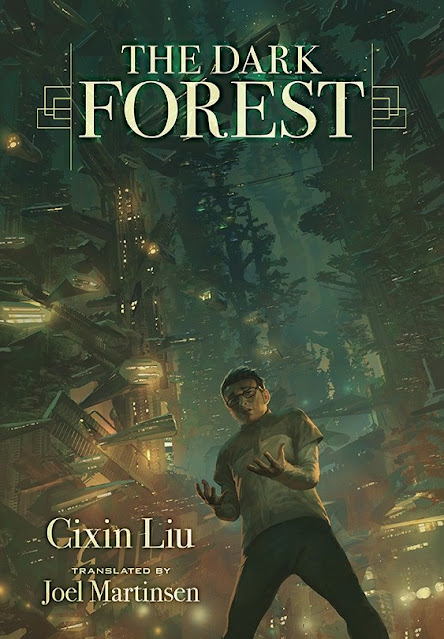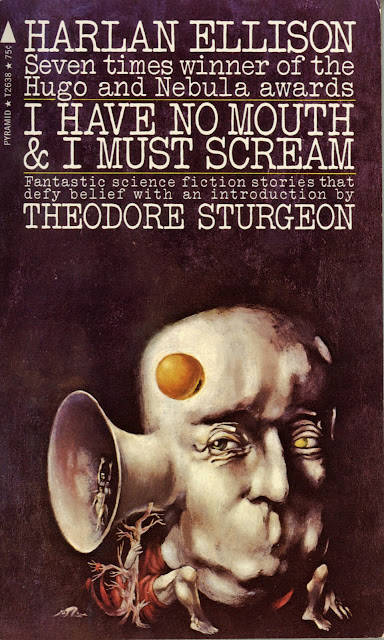Reading Intruders felt like a breath of smoke-scented air after too many sanitized, eurocentric books. It’s as if Mohale Mashigo grabbed my usual U.S.-centric reading diet, flipped it upside down, and said: ‘Here, taste something wild, raw, and unapologetically African.’ It’s not a gentle ride — more like being dragged through myth, anger, humor, and history all at once — but it’s exactly the purge I didn’t know I needed.
► Genre: Speculative fiction, short stories — blends fantasy, science fiction, horror, magical realism.
► Themes: Power, belonging, gender, patriarchy, race, structural poverty, injustice, feminism, myth, memory, transformation.
► Author’s Age at Publication: 35 years old.
► Nationality of Author: South African, born in Soweto.
► Settings of the Stories: Primarily South African townships and cities—especially Bloemfontein, Soweto, Johannesburg—with mythic and rural spaces like the Karoo and urban ruins.
► Year of Publication: 2018 (first published September 1, 2018).
► Pages: 182 pages.
► Publisher: Picador Africa (Pan Macmillan South Africa).

Mohale Mashigo’s Intruders is a bold, inventive collection that blends myth, sci-fi, folklore, and raw cultural commentary. Her voice is distinct — fiery yet playful, deeply rooted in South African history, especially the lingering shadows of apartheid, poverty, and gender violence. Most of her protagonists are women: young, fierce, resilient, navigating worlds that don’t give them the luxury of safety or simplicity.
What I loved
The rhythm of her prose.
Mashigo uses rhetorical devices like anadiplosis — repeating the last word or phrase of a sentence at the start of the next — giving her stories a unique musicality. Her writing feels like spoken word at times: raw, almost chanting, but still sharp and elegant.
The themes.
Every story is steeped in strong, socially charged ideas — femininity, patriarchy, racial prejudice, structural poverty, and power dynamics. She manages to weave these heavy issues into narratives that are also imaginative, even magical. Some stories flirt with the supernatural, others lean into science fiction or myth, but all carry a pulse of social critique.
The freshness of her style.
She takes familiar tropes — urban legends, near-future dystopias, folklore — and twists them into something personal and vibrant. It’s unmistakably hers.
What didn’t work for me
Abrupt scene jumps.
Mashigo often leaps from one scene to another, sometimes even across different timelines or characters, without warning. I felt lost on more than one occasion. This narrative chaos might feel refreshing for a native English reader, but I found it jarring rather than bold.
Open endings.
Most stories stop without resolution. In some cases, this works — it creates mystery and lets the reader’s imagination fill the gaps. But in others, it feels like an easy way out of crafting a strong ending. Writing a satisfying conclusion is hard, but I wish she had dared to give us at least a few.
Missed potential.
Some premises are brilliant — “The Palermo” is a prime example — but the narrative style and abrupt open ending weaken the impact. The characters sometimes feel like they’re about to “take off,” but never quite do. It’s as if Mashigo didn’t want to commit to a full arc, and the result is a prose that feels chaotic and raw but unwilling to go all in.
The “Untitled” trilogy.
There are three “Untitled” stories scattered through the book, presumably to structure the collection into sections. They could have been merged into a single, stronger piece. As they stand, they feel like filler or a structural gimmick rather than meaningful standalone stories.
The overall tone
Her prose is direct, feral, and laced with humor. It’s deeply cultural and alive, brimming with anger at injustice — gender-based violence, apartheid’s scars, systemic inequality. It’s a book with teeth, but also with heart.
Final thoughts
Every single story felt like the start of a brilliant longer tale or even a novel. And maybe that’s the point: Mashigo leaves you wanting more. But for me, it became frustrating. Just when I felt I was beginning to understand the world of each story, it ended.
The lack of closure — a common trait in short fiction — was particularly noticeable here. Some stories felt incomplete, not because they were short, but because they seemed to stop mid-breath.
Still, Intruders is undeniably captivating. The ideas are fresh, the voice is strong, and Mashigo’s ability to blend myth, sci-fi, and social commentary is impressive.
Rating: 3 ★★★☆☆
Not because it wasn’t good — it was! — but because it felt too carefully constructed and intentionally “fragmented.” It’s a fair read, imaginative and daring, but I wanted more closure and a little more risk in the storytelling.
Ratings
The Good
1. Manoka ★★★★✩
2. Ghost Strain N ★★★★✩
3. The Palermo ★★★✩✩
4. Untitled I ★✩✩✩✩
The Bad
5. BnB in Bloem ★★✩✩✩
6. On the run ★★★★✩
7. Little Vultures ★★★★✩
8. Untitled II ★✩✩✩✩
The Colourful
9. The High Heel Killer ★★★★✩
10. Once upon a town ★★★✩✩
11. Untitled III ★✩✩✩✩
12. Nthatisi ★★★★✩
















Comments
Post a Comment